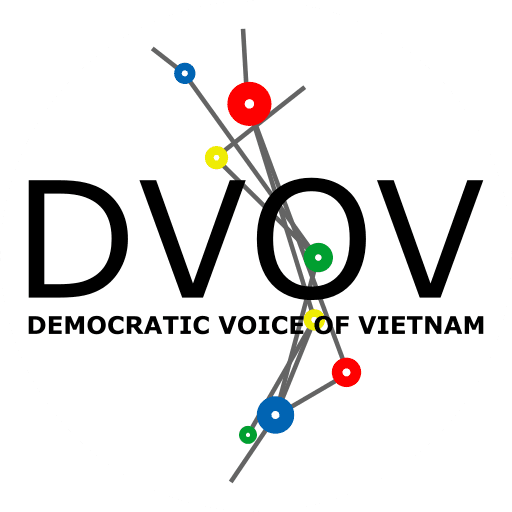By Alexander L. Vuving
October 25, 2012
On October 15, Vietnam’s Communist Party concluded its longest meeting ever, admitting big mistakes in preventing and remedying corruption. Central to the meeting’s discussions was the mismanagement and nepotism committed by Prime Minister Nguyen Tan Dung, who eventually escaped punishment. The half measures encapsulate the entrenched nature of corruption in Vietnamese politics, but they also reflect the party leadership’s preference for stability. Paradoxically, the very lack of resolute actions against corrupt officials like Dung will drive Vietnam further into an era of political infighting and economic distresses.
The rise and survival of Mr. Dung as one of Vietnam’s most powerful leaders neatly illustrates the evolution of the communist state in the reform era. The protégé of both leaders of the two major factions in Vietnam’s ruling party, the conservative President Le DucAnh, and the reformist Prime Minister Vo Van Kiet, Mr. Dung became the youngest member of Vietnam’s highest decision-making body, the Politburo of the Communist Party, in 1996. Extremely pragmatic, daring, and determined, he skillfully took advantage of the reformers’ hope for a leader fearless of change, the conservatives’ preference for a leader tough on opposition, and the party-state’s unlimited power, to consolidate his position.
Underlying Mr. Dung’s rise to power is an evolving mixture of four policy currents that characterizes contemporary Vietnamese politics. The first is driven by the conservatives, who advocate the primacy of political stability through regime preservation. The second is represented by the reformers, who promote domestic modernization and international openness by adopting liberalism and capitalism.
Read more: http://thediplomat.com/asean-beat/2012/10/25/vietnams-paradoxical-search-for-stability/
